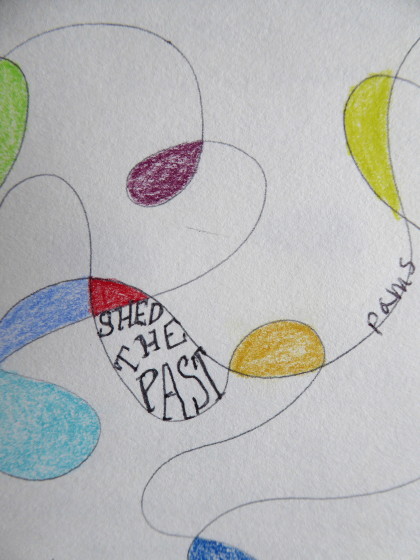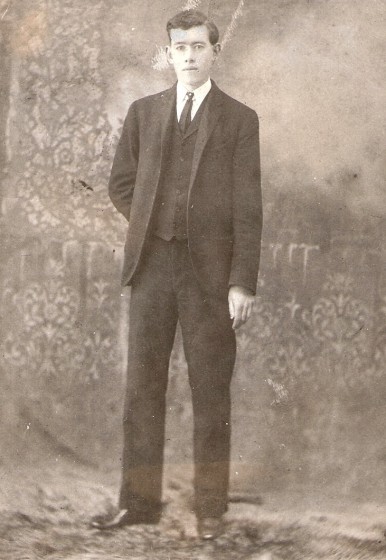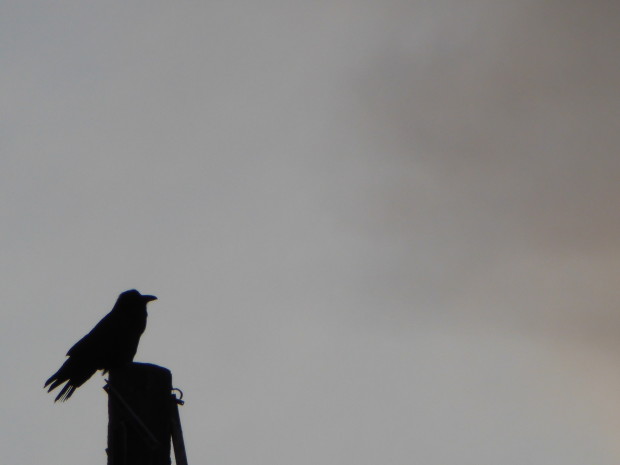Lately I’ve been waking up more to what these global trade agreements are about (most immanent is the TPP which was negotiated *in secret* by our president and other heads of state– and which HAS YET to be approved by our congress– which we must oppose with everything we’ve got– for the good of our land, our nation, and our own people’s livelihood– unless I’m really missing something here). When I found this essay by Wendell Berry, a light bulb went on for me. These agreements yank us even further out of our right relationship with the land and with our own prosperity. The people of the involved nations rightly feel deceived by their heads of state (and we by our president):
And so we have before us the spectacle of unprecedented ‘prosperity’ and ‘economic growth’ in a land of degraded farms, forests, ecosystems, and watersheds, of polluted air, failing families, and perishing communities. This moral and economic absurdity exists for the sake of the allegedly ‘free’ market, the single principle of which is this: Commodities will be produced wherever they can be produced at the lowest cost, and consumed wherever they will bring the highest price. To make too cheap and sell too high has always been the program of industrial capitalism. The idea of the ‘global free market’ is merely capitalism’s so far successful attempt to enlarge the geographic scope of its greed and, moreover, to give to its greed the status of a ‘right’ within its presumptive territory. The global ‘free market’ is free to the corporations precisely because it dissolves the boundaries of the old national colonialisms and replaces them with a new colonialism without restraints or boundaries. It is pretty much as if the rabbits have been forbidden to have have holes, thereby ‘freeing’ the hounds.
— Wendell Berry, “The Idea of a Local Economy,” from the book by Kellert and Farnham, The Good in Nature and Humanity


